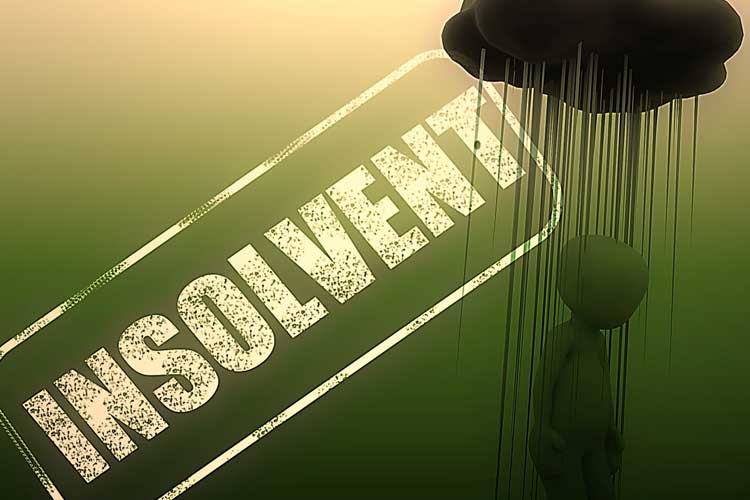Is Declaring Bankruptcy a Good Thing?
Many people ask if officially filing for bankruptcy is really the best thing to do or not. Well, it really depends on your current financial situation. This isn’t really something that you can easily say, “hey, I want to declare myself bankrupt” just because you want to do it. You would need to have stable and valid grounds for filing and you need to follow the strict law for bankruptcy in order for you to qualify.
Houston Bankruptcy: Following the Rules
For those who are wondering on how to qualify and file for this kind of case, then you’ve come to the right place. First, you need to understand what Houston bankruptcy is. You see, each state has its own state law and for all those who live in the city of Houston, this includes its master communities such as Galena Park or Nassau Bay, you would go under the Houston, Texas state law. So for example, if you would need to file for Galena Park bankruptcy or Nassau Bay bankruptcy if you live in those towns. It’s as simple as that.
Also, it is highly advisable that you take the time and effort to really get to know the local bankruptcy law. What do you need to do for you to become an eligible applicant? What kind of documents that you need to submit? How many copies do you need to make for paper works? What other requirements that you would need so that the court can grant you your bankruptcy declaration?
These are the questions that you need to know the answers to. You need to know the stages of the whole procedure. So before you even go to the court, make sure you are completely prepared so that you can save a lot of time and effort in the process.
Another thing that you need is a bankruptcy lawyer. This will help you go through with all the legalities. It is also a requirement, unless of course, you are a lawyer too and you want to represent yourself. Otherwise, hire the best attorney that you can find so that he can help you get out of your financial problems.
You see, one of the responsibilities of a legal counsel is to ensure that all your assets are protected, most particularly the important ones such as your house or your vehicle. He will also have to explain everything to you and must be able to give you a couple of options that can be done to get rid of your debts. The most important part is, he mustn’t do anything that you don’t know about. He must always keep you in the loop at all times.
These are great tips that can truly help you get through with this rather difficult ordeal. For as long as you are ready with the paper works and with your lawyer, rest assured that you will soon be debt-free. Just be smarter next time, once you’ve started another business again. Learn from your mistakes and you’ll be fine.
So Is Declaring Bankruptcy a Good Thing? It can be for most people
Please visit our website for more information about us and bankruptcy.
Call us today at (713) 974-1151 to schedule a no-obligation consultation or feel free to email us at [email protected].
[paypal-donation]
Image courtesy of Stuart Miles at FreeDigitalPhotos.net













